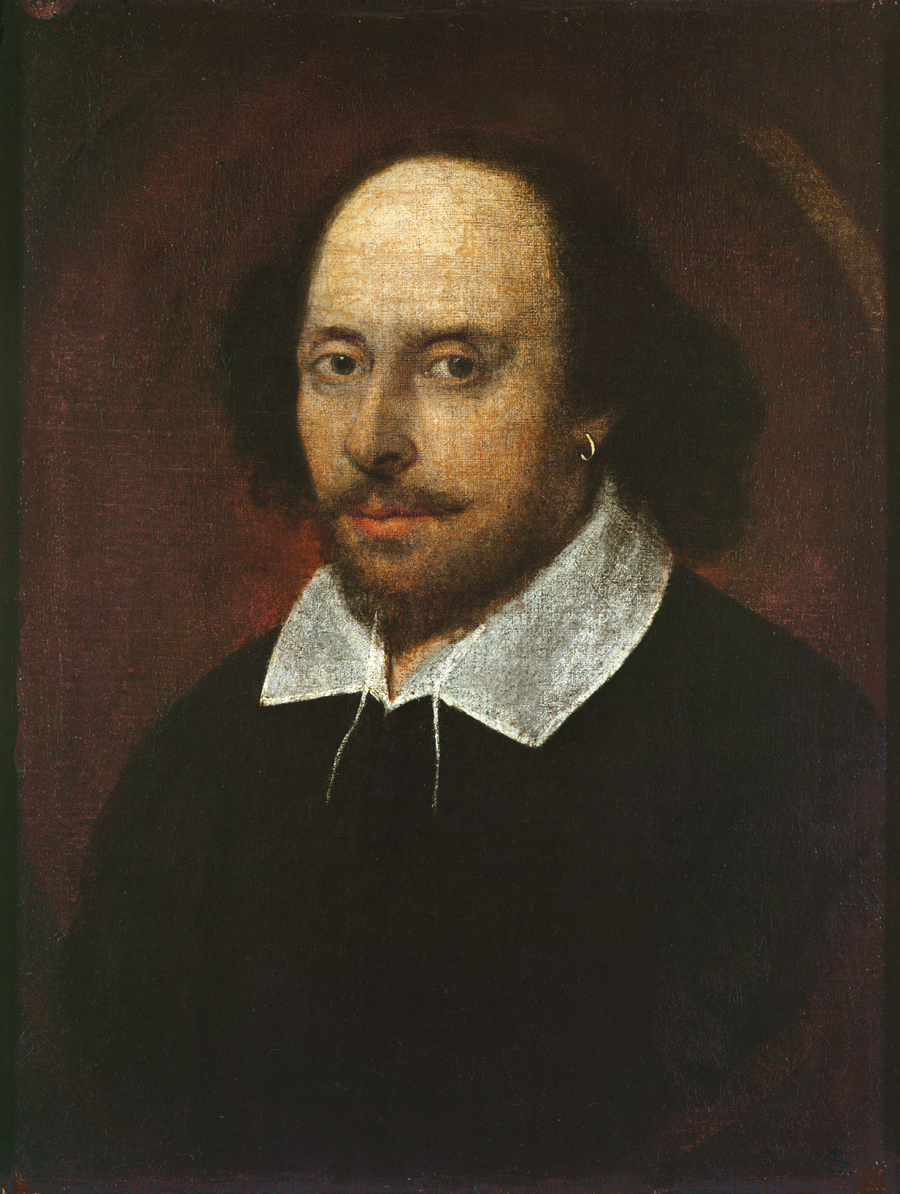Twelfth Night is a five-act romantic comedy by the English dramatist William Shakespeare. Its full title is Twelfth Night, or, What You Will. It is one of Shakespeare’s best-known and most entertaining comedies. He probably wrote it in 1601. The text was not published until 1623. The premiere of Twelfth Night may have taken place on the Christian festival known as the Epiphany or Twelfth Night, which occurs 12 days after Christmas.

Twelfth Night is partly based on a story in His Farewell to Military Profession, a collection of tales by the English author Barnabe Riche. This author in turn based his story on an Italian comedy, The Deceived Ones, written and performed in Siena, Italy, in 1531.
The play is set in the country of Illyria, an ancient kingdom on the Adriatic Sea. Viola and Sebastian, who are twins, become separated during a shipwreck. Viola finds herself stranded in Illyria. She disguises herself as Cesario, a page, and enters the service of Duke Orsino. The duke sends Cesario to woo the countess Olivia for him, but Olivia instead falls in love with Cesario. Cesario complicates matters further by falling in love with the duke. Meanwhile, Sebastian, the brother of Viola-Cesario, arrives in Illyria with his rescuer Antonio. Antonio entrusts some money to Sebastian and goes about his own business. Olivia meets Sebastian, who falls in love with her. She mistakes him for Cesario and marries him.
The romantic action in the play alternates with scenes of realistic comedy forming a subplot involving the drunken knight Sir Toby Belch, Olivia’s uncle, and his friends, Sir Andrew Aguecheek, Maria (Olivia’s lady-in-waiting), and Feste (her clown). Sir Andrew Aguecheek, a disappointed suitor of Olivia, attempts to fight Cesario in a comic duel. Antonio saves Cesario, thinking her to be Sebastian. Antonio is then arrested for an old offence and asks Cesario for his money. Cesario, not knowing what he is talking about, denies his request and Antonio is imprisoned.
An important part of the subplot involves a practical joke played on the Countess Olivia’s pompous and moralistic steward, Malvolio. Maria tricks Malvolio into thinking that Olivia loves him. In his attempt to woo his mistress, his behavior is so outrageous and alarming that she has him imprisoned as a madman.
The Duke Orsino arrives and is angered that Olivia has apparently married his page, Viola-Cesario. To Olivia’s dismay, Cesario denies this. The true Sebastian at last appears to resolve all the confusion and free Antonio. Realizing that her brother is alive after all, Viola throws off her page-boy disguise, reveals her true identity, and declares her love for the duke, who marries her. Only Malvolio is left unhappy. Told of the joke that has been played on him he goes off in fury, crying “I’ll be reveng’d on the whole pack of you.”
In Twelfth Night, Shakespeare created a delightful blend of sentiment and humor. In addition, he provided Feste, Olivia’s clown, with witty comments on the foolish ways of people. Feste’s songs contribute both gaiety and sadness to the mood of the play. Only Malvolio, who thinks he is more moral than other people, spoils the gentle mood of the play. Sir Toby Belch angrily asks him, “Dost thou think, because thou art virtuous, there shall be no more cakes and ale?” The comedy also includes the famous passage “Some are born great, some achieve greatness, and some have greatness thrust upon ’em” and the well-known opening line, “If music be the food of love, play on.”
